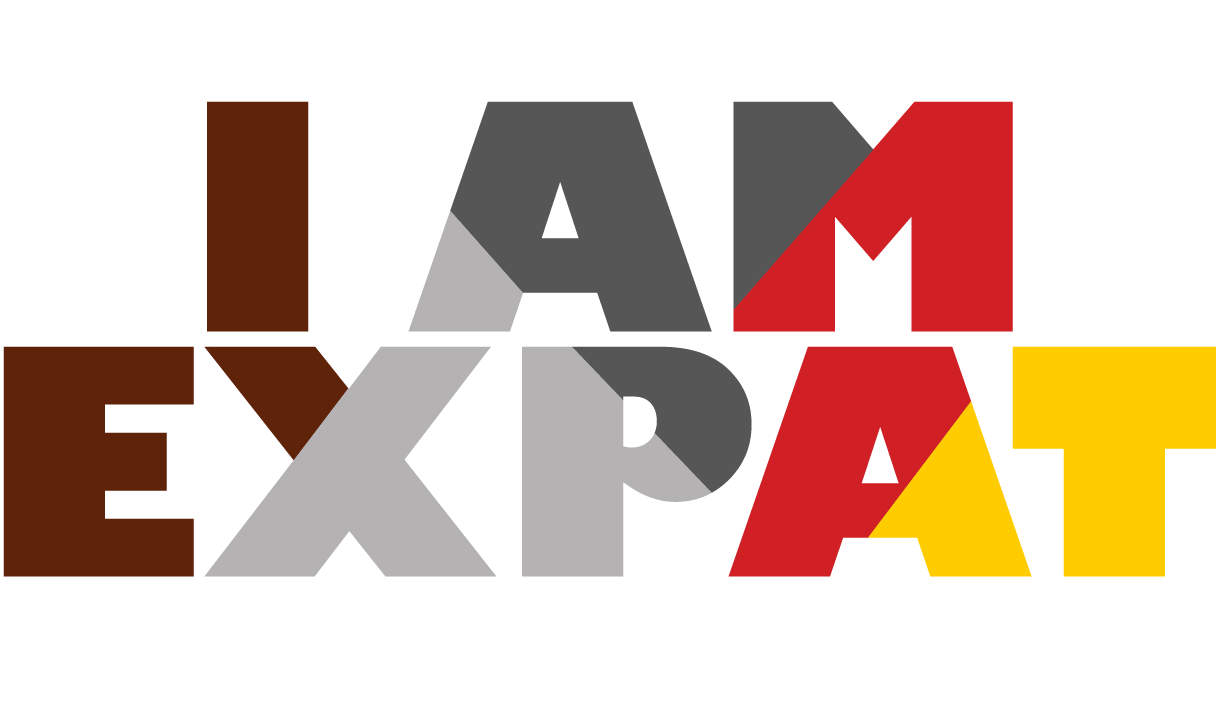Expat Service helps expats with an online tax filing service for their income tax return. Efficient, simple and affordable tax filing whenever and wherever you are in the world. That’s why Expat Service is the intelligent choice for every expat.

When you start a business, you choose a legal form. That is the legal basis of your company and affects your obligations. Starting entrepreneurs are sometimes uncertain about what form they need. What suits your situation best? In this article we discuss the choice between a one-man business or a private company (e.g.). Expat Service will be happy to help you make the right choice for the Dutch legal form for your company. We also take care of the administration with our accountantcy services for you.
The choice between a sole proprietorship or private limited company (e.g.) depends on how you organize your company, which tax facilities you choose and how you want to arrange your liability. The differences between a sole proprietorship and bv are explained below. Expat service’s advisors will be happy to help you make the right choice.
Sole proprietorship (eenmanszaak) | Limited liability company (besloten vennootschap) | |
Establishment | no requirements | notary deed |
Capital input | no requirements | € 0.01 minimum starting capital |
Management | Owner | Director |
Other stakeholders | – | shareholders possibly supervisory board |
Liability | business and private 100% | only the bv (in principle) |
Tax | income tax and under conditions SME profit exemption and entrepreneurial deduction | corporate tax and income tax on salary and dividend |
A bv can be established of your BV through our office. The notary must draw up a deed. You have to pay notary fees. Request a quote for the most current price for the BV formation. For a sole proprietorship only a visit to KVK is required. You do not have to go to a notary. For the registration of your bv or sole proprietorship at KVK you pay a one-time fee of 50 euros. With a sole proprietorship you are therefore cheaper for the establishment.
A sole proprietorship has less fiscal pressure with lower profits and is cheaper to set up and maintain. A bv is more attractive with higher profits, because the rate advantage is higher than the extra entrepreneurial deduction possibilities of the sole proprietorship. Another advantage of the bv is the limitation of liability. In addition, arguments such as image, status, doing business abroad and the ability to easily transfer or sell the company play a role in the choice for a bv.
A sole proprietorship has less fiscal pressure with lower profits and is cheaper to set up and maintain. A bv is more attractive with higher profits, because the rate advantage is higher than the extra entrepreneurial deduction possibilities of the sole proprietorship. Another advantage of the bv is the limitation of liability. In addition, arguments such as image, status, doing business abroad and the ability to easily transfer or sell the company play a role in the choice for a bv.
Get 100% tax compliant
With our unique portal, you can easily prepare your own income tax returns.
All this in only 3 easy steps.
Expat Service helps expats with an online tax filing service for their income tax return. Efficient, simple and affordable tax filing whenever and wherever you are in the world. That’s why Expat Service is the intelligent choice for every expat.
HQ Netherlands, Stratumsedijk 6 Eindhoven I KvK/CoC 80399673

